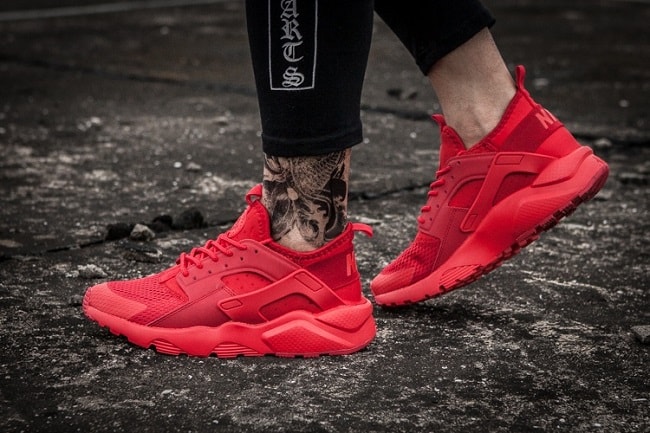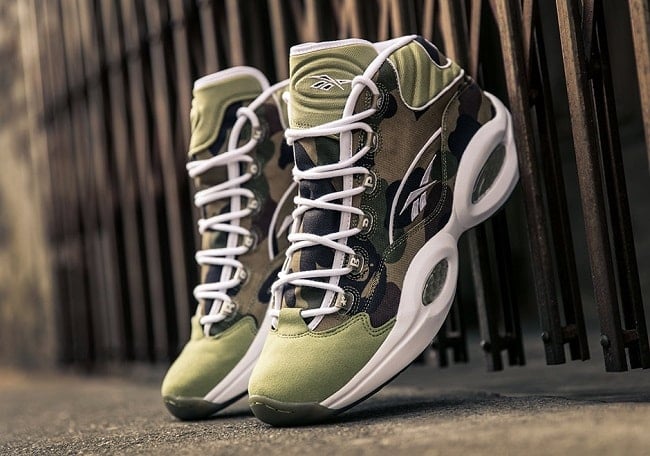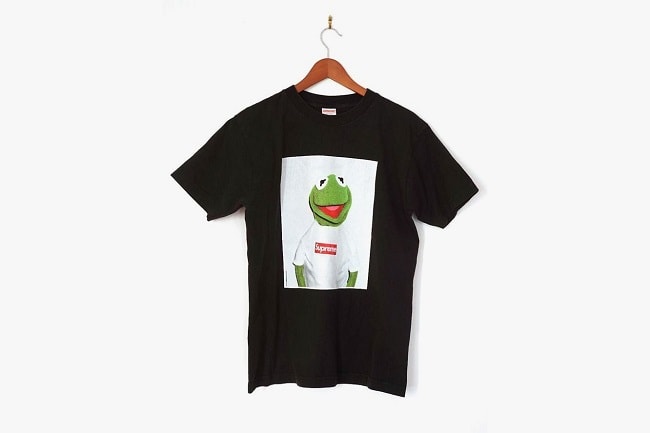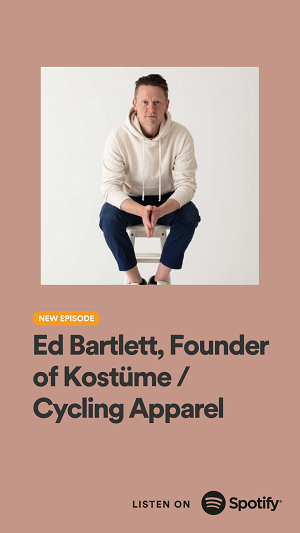1
HOME > Business >
IS RESELLING KILLING STREETWEAR BRANDS?
HOW MUCH OF A PROBLEM IS IT FOR BRANDS SUCH AS SUPREME, PALACE AND BAPE
Written by Dan Skinner in Business on the 1st February 2017

In my previous article, I touched on the underground reselling economy of huge streetwear names such as Supreme, Palace, BAPE, and the list goes on and the problem is they have huge mark-ups for their products. But how serious of a problem is reselling? Firstly, we have to start off with the simple question, what is reselling? Re-seller – (Noun) “A re-seller is a company or individual (merchant) that purchases goods or services with the intention of selling rather than consuming or using them.” Limited inventory and colossal demand will drive up the price of any item, period. Re-sellers have shifted the playing field so that getting access to a brand's product is no longer restricted from buying straight from the brand, but this has consequences for the consumer. It doesn’t necessarily put buyers in a better position than previously as these middlemen charge a serious increase for their items.
Each individual reseller has a different reason for why they do what they do, some to make a quick buck, others can make a living off of it. Nevertheless, this can cause undercutting and feuds between different individuals in trying to fight for market control between each other. It doesn’t make it an easy business venture to go into. You need contacts, trust, people willing to do dirty work and of course, lots and lots of stock. I have friends that work with reselling certain items such as shoes or t-shirts but it’s a strategic game, do you sell straight away whilst the hype is still there, or do you hold on and hope the items price increases till you have one of a select few that will go for 8x the original value? Resellers argue that if you wanted something that badly, you would get there before they do. In a way, you can’t actually blame these people for doing what they do, if you had the chance to make £600 on a Kermit the Frog, Supreme, graphic t-shirt that retails for £44 I’m pretty sure you’d follow in the same direction.

We already know that the people behind the streetwear brands are not fans of reselling, even way back in 2002 in an unearthed interview with James Jebbia (Supreme Founder) stated “I don’t like it very much simply because we try our best to make our clothing affordable for young people. After all Supreme is a skate brand and when I do see our things on eBay the prices are normally at least double what they should be, I much prefer if someone buys something from us that they plan on wearing it and not selling." Yet these improvised entrepreneurs seemingly outnumber the actual customers that brands have lining up at the store or waiting in an online queue for the new drop. Whether people like it or not, they are necessary to the brand.

There are parallels with the underground market to that of the real world. It teaches kids how the valuation of an item will drop and rise with demand, the economics of trading and how businesses revolve around reselling, whether its headphones, computer parts or stocks. Nevertheless, many will overlook the possible negatives that come with business in the real world. Many feel as though the culture has been lost in all the midst of money, with campout conversations transitioning from deliberating about what outfit’s you’re going to create from the drop, to how much you can make via certain websites for profit. It takes away from the individuality of the culture. I mean who remembers those amazing old school Nike football ads where the Brazilian football team were shredding a ball around an Airport. Nowadays it’s a load of crap about being independent and unapologetically strong in a new sport top! Hypebeasts also have to contend with the fact that resellers will hoard pairs for financial gain when there are plenty of others who would be more than willing to pay retail price and have the product for personal use. Others who happen to attend new drops are still not certain of getting an item because resellers often employ others to stand in line to buy multiple versions of a specific item just to sell online. It takes away from what makes the brand special. Not only do people employ others to wait in line for them, but they will buy bots online that are able to buy specific items when they are released faster than humanly possible. So whilst you’ve been sat waiting for your computer to refresh at 00;00am on the dot, the item you were going for has probably sold out within seconds without you even able to add it to a basket.

If you despise reselling there are a few aspects that, admittedly are beneficial. It does offer a second chance to grab a desired piece when it has sold out and if you look around hard enough you can negotiate a reasonable price to pay for it. It allows for you to get rid of an item you no longer want or wear, whilst recuperating a considerable chunk of your money back. Admittingly, it is essential the item is in good condition and a common size to make the most money. But after the sale you should have around the same money you had to start with, to either buy the next exclusive item or just to save up. Another plus, is the opportunity it gives individuals around the world the chance to get their hands on a product they would usually stand no chance of attaining.
Whether you’re a Hypebeast, looking for a new style or simply desire a new item of clothing, its without doubt that to acquire clothes from the pinnacles of the streetwear game in 2017, a reseller is going to be the easiest yet costliest way of going about your endeavour. Resellers are again just a bi-product of a culture to have what one desires, yet limited supply means they can’t possess. People will hate them and people will love them. It depends who you are, how your morals work and how much money you have.
Trending
2
3
4
5
6
7
8
9
10









